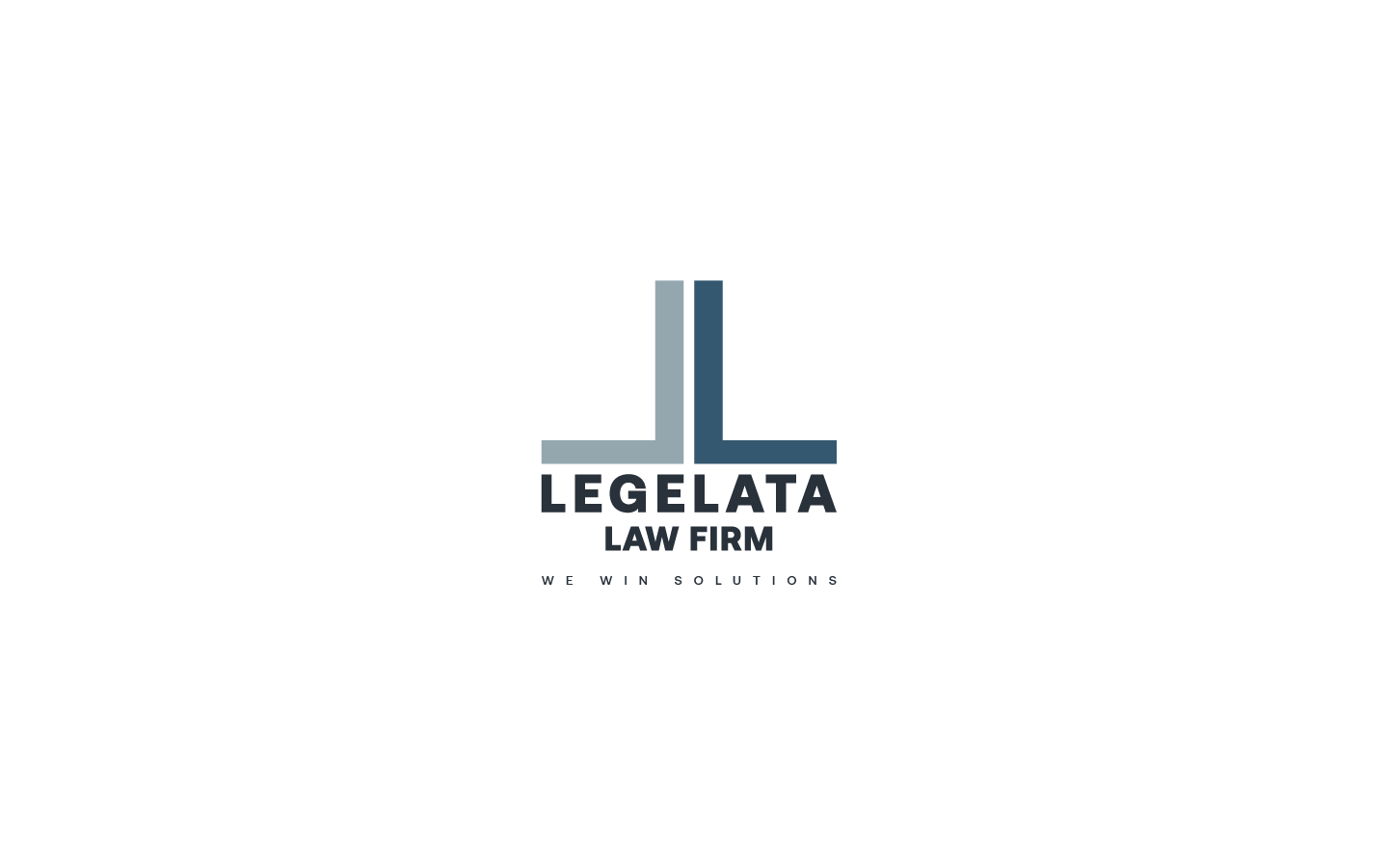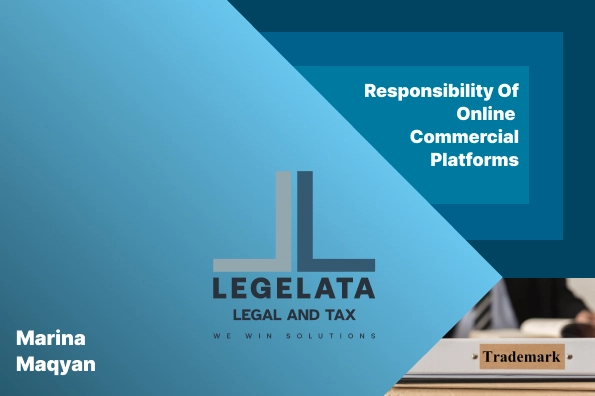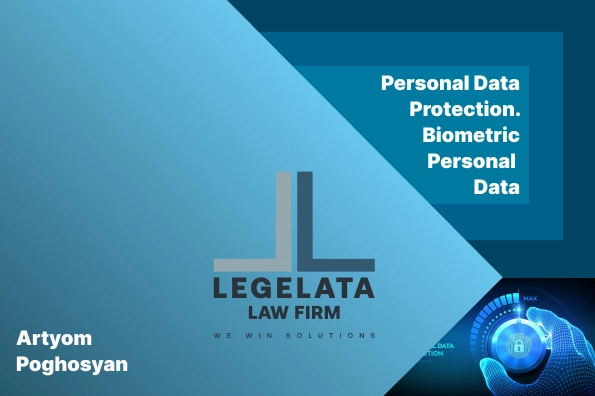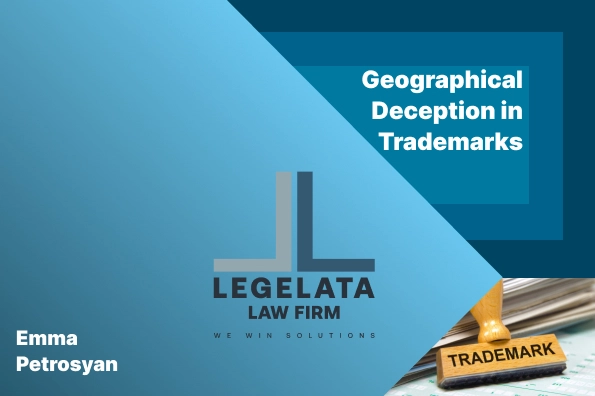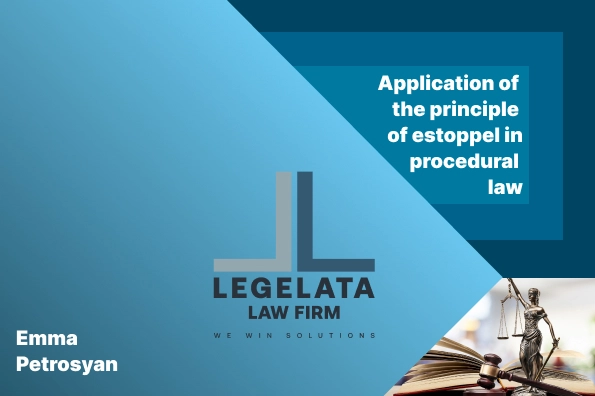The legal understanding and regulation of tokens (hereinafter referred to as crypto-assets or cryptocurrencies), based on the development of technologies and a decentralized system personalizing account units with a unique and non-repeatable code, are entering a more mature stage of development.
As in social life and science, including jurisprudence, the first question that needs to be answered when a phenomenon occurs is what the phenomenon is, that is, what is a crypto-asset or cryptocurrency as a legal category and phenomenon.
Since the occurrence of the phenomenon in the absence of regulation, a group of jurists argued that a crypto-asset is information the basis for which is the technological description. Based on that approach, it was proposed to apply information rules to crypto-assets as the rules applicable to objects of civil circulation, to regulate public relations related to them.
The second group of lawyers, considering the fact that cryptocurrencies hold value and are freely negotiable, argued that cryptocurrencies, as the name suggests, should be treated as money and used to pay for goods and services.
The development of the phenomenon showed, however, that neither the first nor the second approach found a place in public life and legislation (we do not deny exceptions or the experiences and experiments of exceptional countries, such as El Salvador). There were various reasons for this, among which it can mentioned the lack of intrinsic value of these assets, the pressure against their free convertibility by a number of countries at the legislative level, and other factors.
At the current stage, cryptocurrencies have begun to be viewed as assets, i.e., property, to which different branches of legislation are beginning to apply non-uniform approaches.
Despite the above, it can be said with certainty, that RA is moving towards recognizing and regulating crypto-assets as property. Thus, the Law on Amendments to the Civil Code of the Republic of Armenia, adopted by the National Assembly on June 13, 2024, in its first reading, clearly establishes that crypto-asset is property that has value or asserts a right.
This setting at least rejects the approach that crypto-assets can be considered as monetary values in themselves and excludes legal uncertainty regarding the application of rules related to other circulating objects that are different from property to this phenomenon.
Regardless of the circumstances (which we will address later) that this regulatory initiative is accompanied by an unnecessarily burdensome and redundant rule-making package, we congratulate all of us on the opportunity to provide a certain legal answer to the question of what crypto-assets are.
Author:
Gor Margaryan (Mr.)
Managing Partner, Legelata Legal and Tax
DISCLAIMER:
This material is produced for Legelata LLC. The information contained in this piece is provided for general informational purposes only and does not contain a comprehensive analysis of each item described. Prior to undertaking (or not to undertaking) any actions, the reader is advised to seek professional advice tailored to their specific situation. Legelata or the author accepts and holds no liability for acts or omissions taken in reliance upon the contents of the contained information in this material.
LEGELATA LLC 14/06/2024
